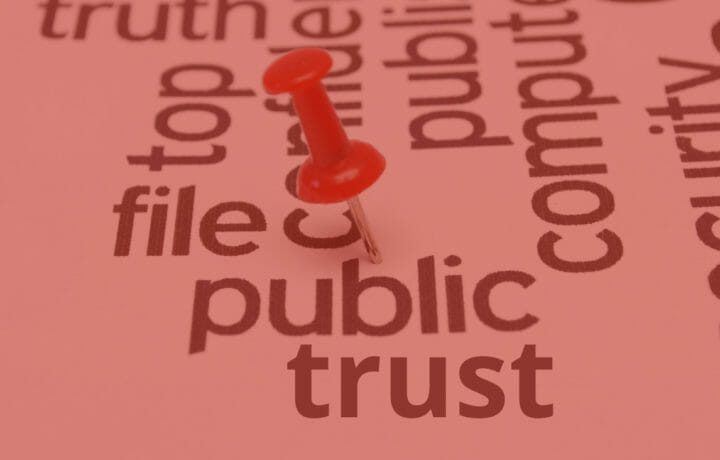Changing social norms around marijuana use remain one of the biggest inflection points for change in the security clearance process today. The Office of the Director of National Intelligence issued clarifying guidance around marijuna use almost a year ago. That guidance noted that past recreational drug use should not be determinative in security clearance eligibility decisions. While the policy opened the door for some individuals with prior drug use to obtain a clearance, there are still serious hurdles for those who have used up to the point of application.
True or False: a public trust position will be easier to obtain if you have issues in your past.
A June case that came before the Defense Office of Hearings and Appeals (DOHA) highlights the clarifying guidance – and the application of the whole person concept – in action. The applicant is a 36-year old married mother of two applying for a public trust position with the Department of Defense. Many individuals falsely assume that a public trust position is easier to obtain than a security clearance, but the adjudicative framework is similar – it’s the depth of the investigation that’s different. The same issues that typically trip up a security clearance applicant will often come up in a public trust determination – and in some cases, due to agency suitability guidelines that are more stringent than the security clearance process, the path to obtaining a public trust position can (surprisingly for most applicants) but longer and more difficult than obtaining a security clearance.
In this case, the applicant indicated prior drug us and also answered ‘yes’ to the question as to whether or not she would continue to use marijuana. This is the critical red flag that is going to be very hard to overcome for security clearance applicants. While the DNI has lowered the bar when it has come to prior drug use, it has stood by the reality that as long as marijuana is illegal under federal law – there’s still a bar. And the critical one is abstaining from drug use from the point of application. A lack of consistency in abstinence has been a clearance killer for several applicants already.
In addition to initially indicating she would continue to use (a statement she pulled back during the personal subject interview), there were several other factors against the candidate:
- The applicant had used marijuana quarterly from the age of 13 through the time of applying for a clearance.
- The applicant lived in a state where only medicinal marijuana use was legal.
- The applicant obtained the marijuana from a friend.
Another critical issue was the applicant’s failure to demonstrate how she would avoid marijuna in the future. She didn’t indicate if she would or would not continue to associate with the friend who provided marijuana, or how she would address her anxiety in the future now that she was willing to put marijuana aside. These steps were likely a critical factor in the government’s belief that the applicant had not provided mitigating information and was at a risk for continued marijuana use while in a public trust position.
If the applicant had taken even some steps to mitigate the prior use, it is likely a favorable determination could have been made. But absent those steps (and perhaps due the applicant’s own desire to continue to use rather than obtain the position), eligibility was denied.




